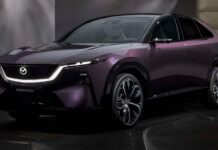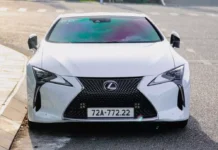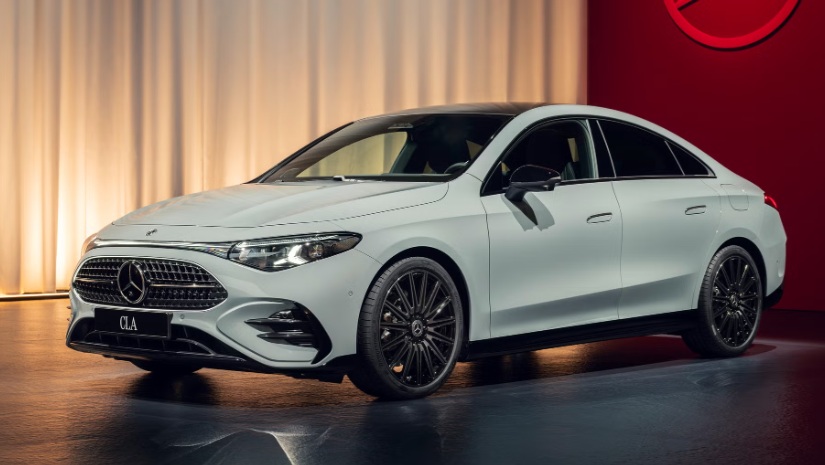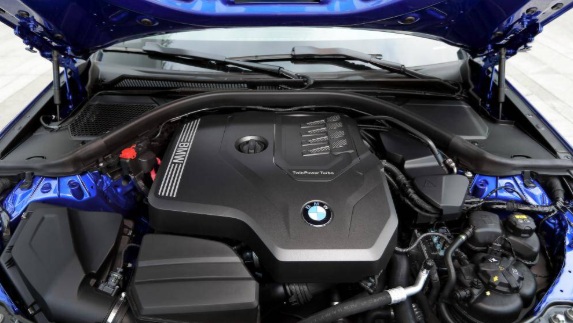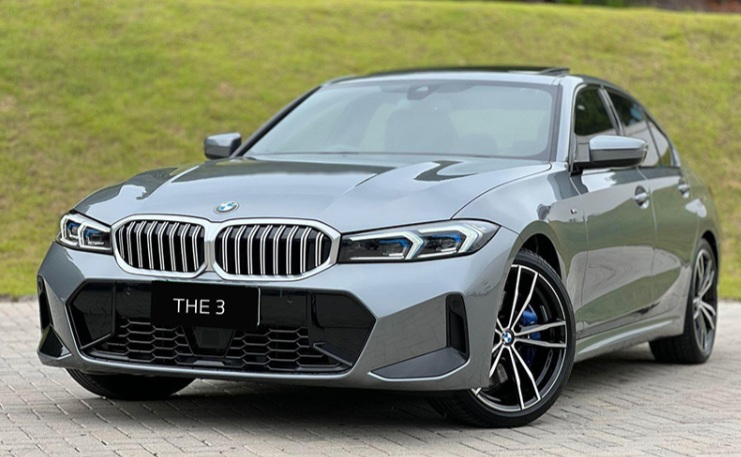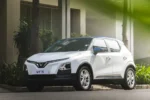Long-standing German automotive rivals, Mercedes-Benz and BMW, are reportedly in talks regarding a potential game-changing collaboration.
According to the German magazine, Manager Magazin, Mercedes is considering utilizing BMW’s four-cylinder engines for its upcoming models, with plans to initiate this partnership as early as 2027.
The engine in question is BMW’s B48 2.0L turbocharged four-cylinder engine, currently found in various BMW and Mini models. This engine is versatile, compatible with multiple vehicle types, and supports plug-in hybrid technology (PHEV) and range-extended electric vehicles (REV). By partnering with BMW, Mercedes could immediately address the Euro 7 emissions standards and expand its hybrid lineup without incurring additional costs for in-house four-cylinder engine development.
On the other hand, BMW would benefit from increased revenue and better utilization of its excess production capacity at the Steyr plant in Austria. There are also speculations about a potential joint venture between the two automakers to construct an engine plant in the US, mitigating import tax risks.
Mercedes is currently employing the M252 engine, a 1.5L turbocharged unit developed in Germany but manufactured in China through the Horse joint venture (Geely – Renault). This engine powers the new CLA model, delivering between 136 and 190 horsepower, coupled with an 8-speed dual-clutch automatic transmission and a 27-horsepower electric motor. However, the M252 engine is only suitable for mild hybrids and falls short of meeting the requirements for PHEV or REV systems.
Analysts suggest that if this deal comes to fruition, it would mark the first time in history that Mercedes and BMW share engines and possibly even transmissions in the long term. This collaboration signifies a significant shift in the relationship between these two renowned competitors in the global luxury car market.


